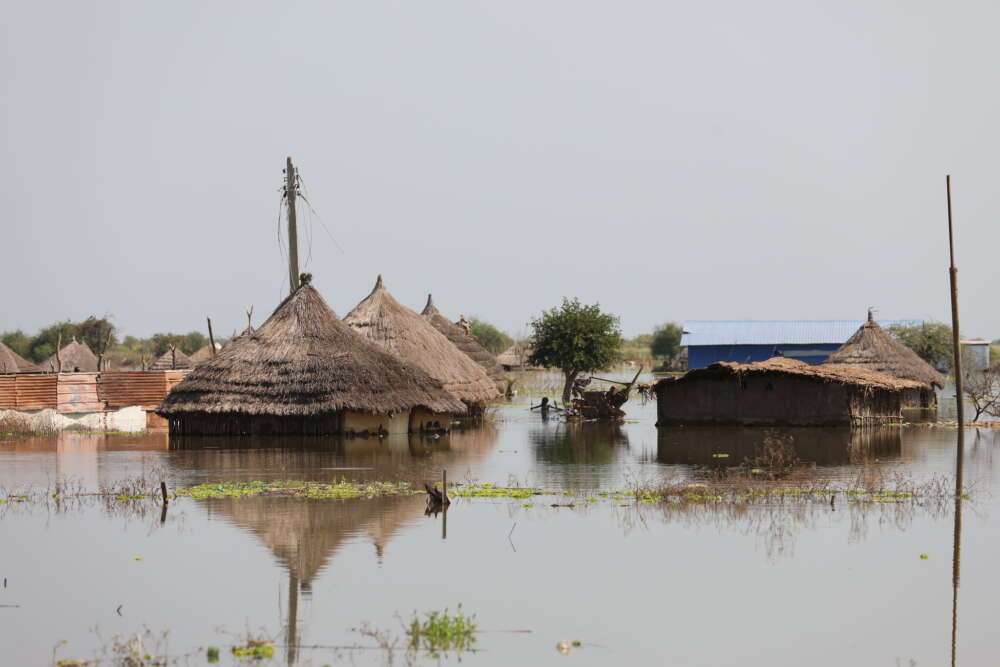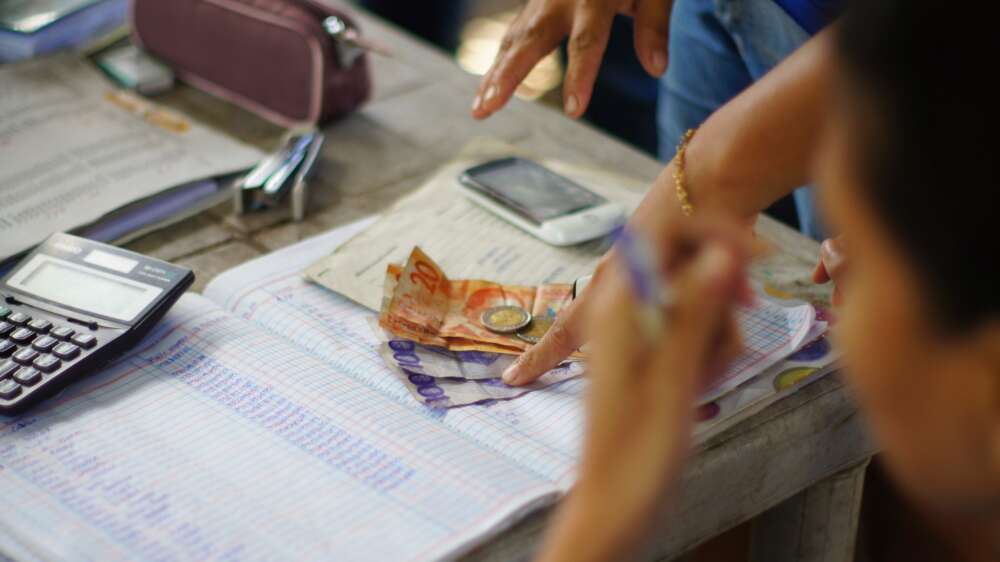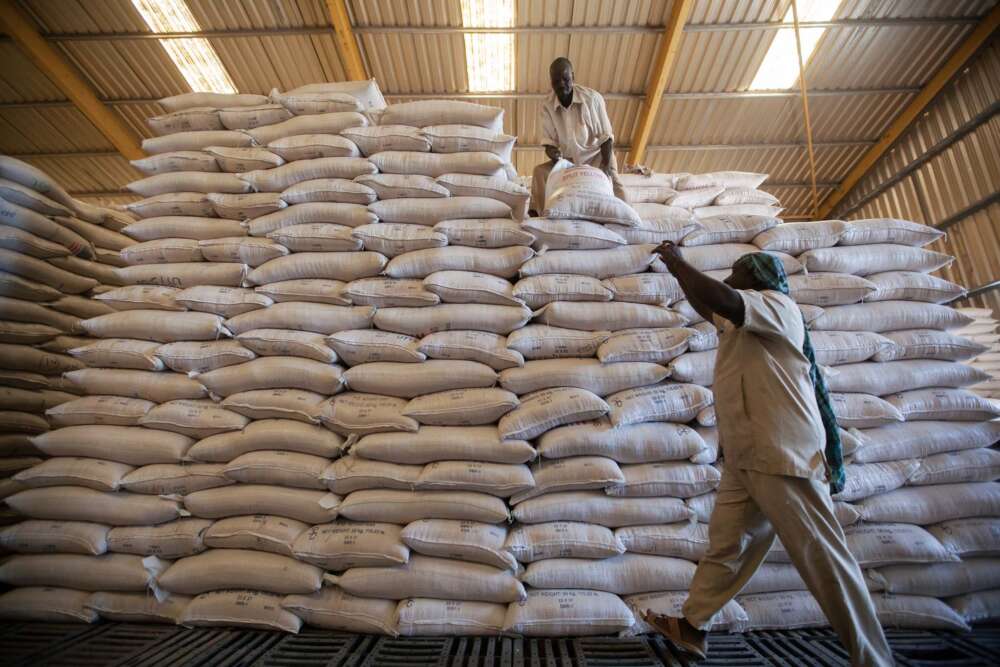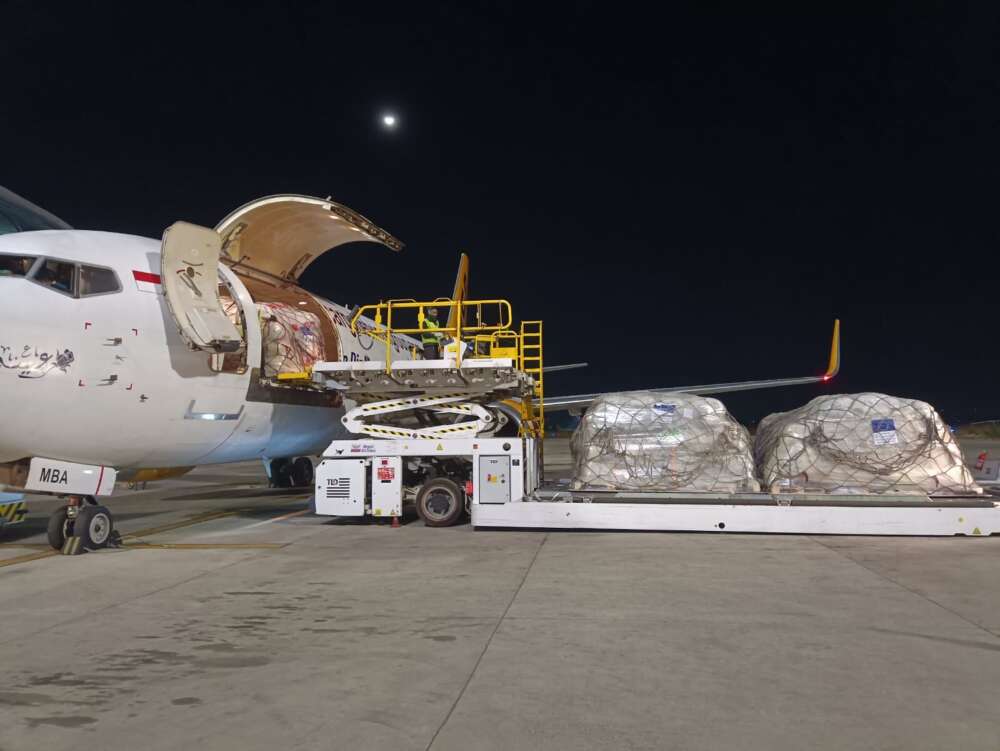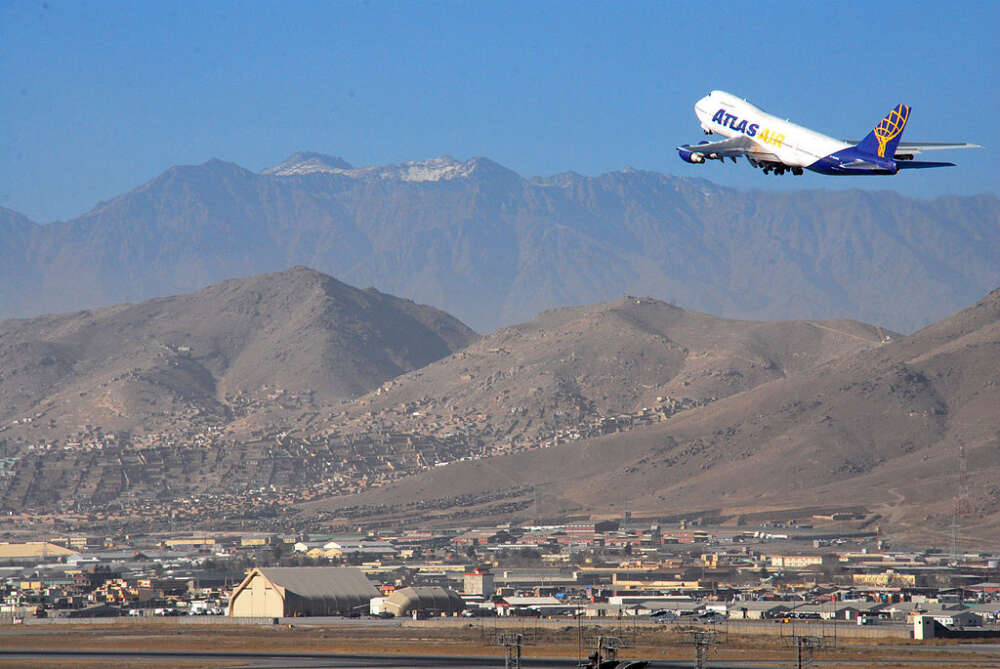Three Challenges for the African Union’s New Humanitarian Agency
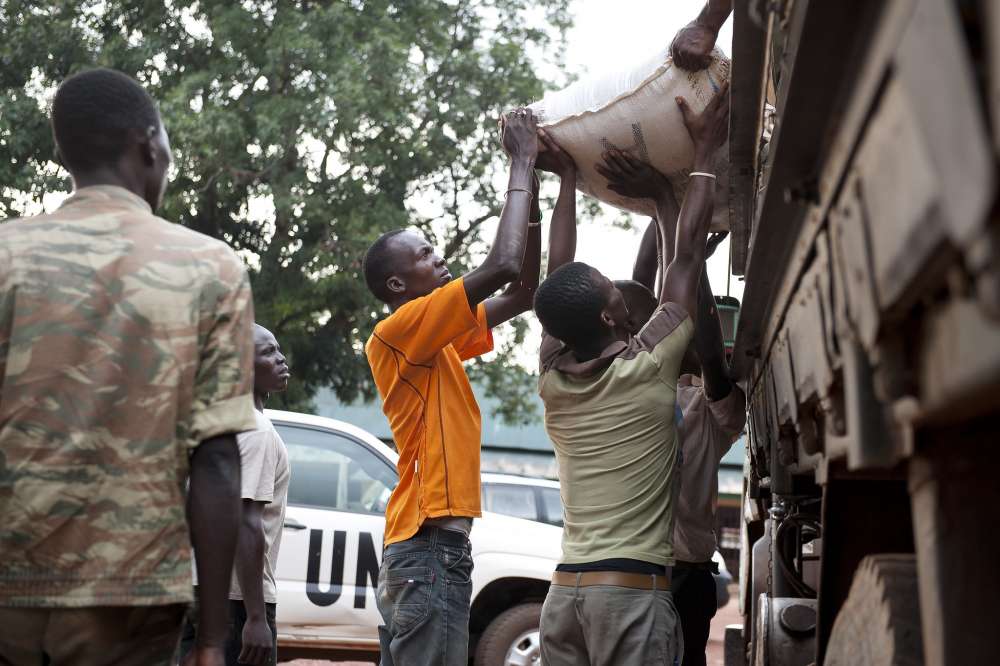
The African Union wants African nations, multi-country alliances, or African NGOs to lead humanitarian coordination and response by 2025, with the new African Humanitarian Agency (AfHA) replacing the current leadership provided by UN agencies and other organisations.
The move is backed by AU members as a necessary innovation. But success or failure will also be the ultimate test of the commitment to the localisation agenda of the main operators in the humanitarian system. Are they truly willing to relinquish some of their power?
Critical voices in scholarship and policy consider UN agencies and international NGOs in Africa to be extensions of a neo-colonial international system, limiting African institutions from evolving. The AU wants AfHA to make the African humanitarian space sovereign.
The aim is for AfHA to provide the general policy direction for the African-led humanitarian system, strengthen the disaster management bodies of member states, and create sub-regional hubs for training and funds mobilisation.
Where member states and sub-regional groups lack adequate capacity, AfHA will mobilise and dispatch African humanitarian teams, including civilian experts and NGOs. It will also fund African NGOs to deliver aid.
Where member states are parties to a conflict and are unwilling or unable to protect or assist civilians, AfHA will deploy non-combatant contingents from the African Standby Force on neutral missions to keep humanitarian space open and safe for African NGOs.
As well as being a sovereignty statement, AfHA will take practical steps to provide assistance and protection. Conceptually, it is similar to the regionalisation of humanitarian structures, as is taking place in the Caribbean and Asia.
AfHA will operate across three levels: member states, sub-regional, and continent-wide. Like the New Partnership for Africa’s Development, or NEPAD – the AU socio-economic development wing formed in 2001 – or its governance watchdog, the African Peer Review Mechanism, it will be an implementing agency of the AU with sub-regional offices.
Resources and Coordination
To make AfHA operational, AU officials told me that member states have agreed to increase the organisation’s annual budget for humanitarian coordination from the current $2 million to $20 million.
The project’s continental reach and its political statement for sovereignty and self-sufficiency have created drive and excitement among AU bureaucrats and member states. To make AfHA successful, though, the AU must work to overcome three key potential challenges.
The first is the need to provide sufficient resources in terms of finance, logistics, and staffing, creating the capacity to manage the magnitude of disasters on the continent by the 2025 deadline to replace UN and international NGOs.
At the minimum, the AU must create a network of well-resourced member states, multilateral groups, and African NGOs that can deliver aid to conflict, natural disaster, and disease outbreak zones. The AU also needs adequate financial, logistical, and staff capacity by the AfHA deadline of 2025.
Given that the UN and foreign NGOs now deliver the majority of aid on the continent, they cannot be immediately asked to step back. The AU must lead a transition process that creates a division of labour with UN agencies and foreign NGOs. This system must also give AfHA more direct access to donor resources and the technical expertise of these organisations. In the long-term, member states must become the primary funders of AfHA.
Secondly, the AU must address coordination among national bodies (member states); sub-regional organisations like ECOWAS, SADC, IGAD and others; and continent-wide groups.
AfHA comes at a time when many African states are strengthening their domestic disaster response architecture, and sub-regional organisations have created their own humanitarian policies and networks of internal and external partners. Without a proper coordination mechanism, these may become competitors instead of partners to AfHA.
Member states, preoccupied with immediate national and sub-regional processes, may hesitate to finance the continental AfHA. States and sub-regional blocs may prioritise their own projects and nurture separate relations with donors, siphoning funding from AfHA to national and sub-regional schemes. There must be a mechanism that gives adequate space to national and sub-regional priorities.
Then there is the sovereignty question. In member states like Botswana and Ethiopia, where disaster management and refugee protection are typically viewed through national security lenses, AfHA will have a hard time gaining government buy-in. The same must be expected from member states with ongoing armed conflicts – as when Burundi refused to welcome AU’s intervention in 2016.
Handing over the Reins
The third potential challenge is likely to come from UN agencies and foreign humanitarian groups that now control most aid on the continent. The UN refugee agency, the UN’s emergency aid coordination arm OCHA, and the International Committee of the Red Cross have so far provided welcomed technical support for the work of creating the AfHA.
Once AfHA is adequately funded, equipped, and properly coordinated with national and sub-regional groups, the agency will take a more operational role on the ground. At that point, the UN and international NGOs will have to take a step back.
Yet, humanitarian organisations are known to compete with each other for growth, funding, and visibility. Therefore, it is possible that UN agencies and foreign NGOs will consider an emboldened AfHA as a competitor rather than a partner and the legitimate leader in the African humanitarian space.
With these potential challenges standing between the AU and its dream of a sovereign African humanitarian system, AU officials are faced with a daunting task.
If pitfalls are not properly addressed, AfHA will land in the same policy graveyard as other grand ideas like the African Food Relief Organisation of 1980 and the African Humanitarian Initiative that the AU’s predecessor abandoned.
AfHA need not suffer this fate.
Political will, funding, and some sovereignty concession will be required of member states. But the initiative has the support of all 55 AU member states, and officials have bluntly told African governments to prepare to finance it. The AU’s humanitarian affairs section has carefully involved sub-regional blocs and powerful member states in the design process to avoid duplications and competition – and, in turn, to foster collective ownership of AfHA.
AfHA will not immediately be powerful enough to influence UN agencies and international NGOs to give it the space it needs. Having limited resources should not, however, deny Africans the right to take charge of their own humanitarian policies and assistance. Therefore, UN and foreign NGOs that are helping the AU build capacity must recognise that they will eventually need to step back to allow AfHA to flourish.
…
This commentary was originally published by The New Humanitarian on August 28, 2019.
